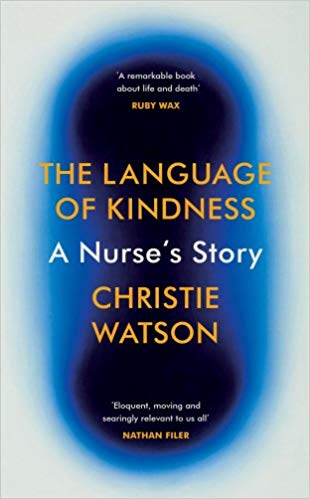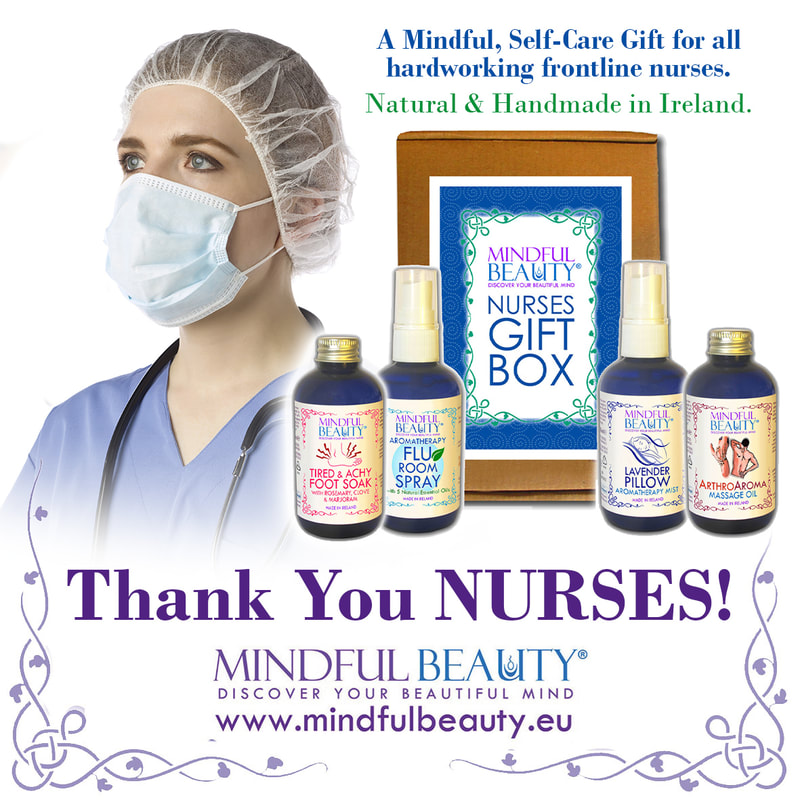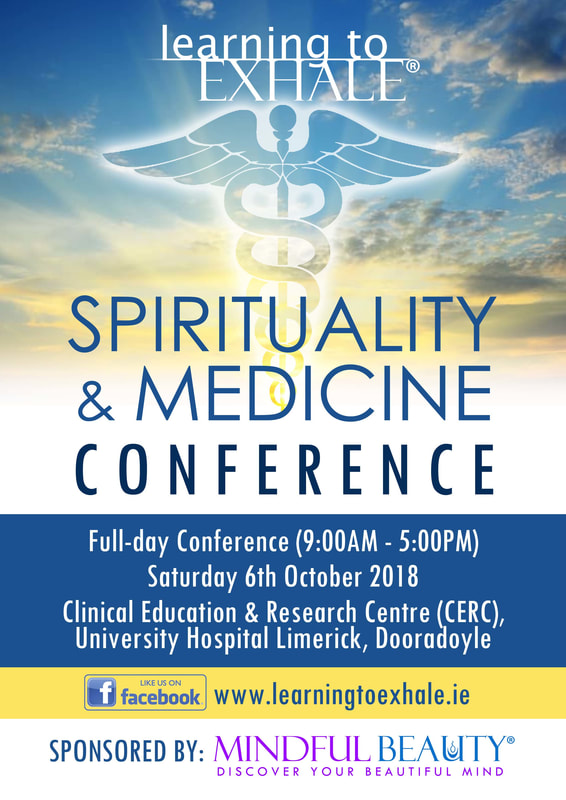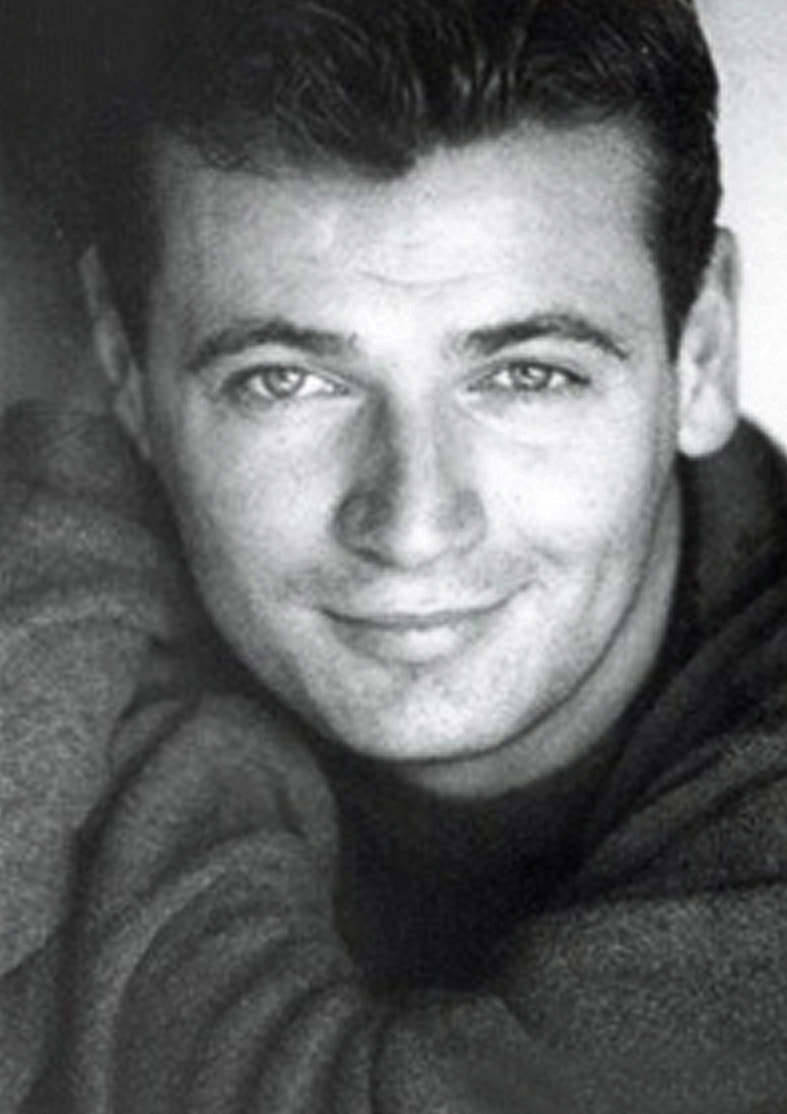- Home
- Mindful Beauty Store
-
Mindful Beauty
- Natural Skincare
- Mindful Beauty - ArthroAroma
- Mindful Beauty Lavender Pillow Spray
- Mindful Beauty - Massage Oils
- Mindful Beauty - Serum 22
- Mindful Beauty - Serum 22 Organic
- Mindful Beauty Aromacology Bath Oils
- Mindful Beauty Natural Body Powders - Talc Free
- Mindful Beauty Exfoliator
- Natural Organic Foot Powder - Talc Free
- Tibetan Incense
- Aromatherapy Diffuser
- Professsional Salon Massage Oil 1 Litre
- Our Natural Cosmetics Ingredients >
-
Natural Beauty Tips Articles
>
- Beauty care - 7 beauty tips
- All About Facial Skin Care
- Celebrities Beauty Secrets
- Beauty Tips in Winter
- General Skincare Recommendations that May Help You Avoid Skin Problems
- Beauty Secrets Are All Around You
- Anti Aging Skin Care Guide?- Yes, Time To Glow Ladies
- The Best Skincare- 5 Mistakes You Can Avoid
- Skin Care Tips for Natural Glow
- Winter in the mountains: back to the season of dry skin?
- Bad Breath isn’t Good – How to Get Rid of It?
- Makeup artists not just for celebrities: how to choose one
- Natural Skincare For Acne Tips >
- Blog
- Contact Us
- Vitamins
- Mindfulness
- Wellbeing Articles
- GIfts, Books & Audio
- About Us
- Useful Herbal Remedies for Common Ailments
- Menopause Symptoms – Herbal Remedies
- Refund Policy
|
Recently I came across a book called The Language of Kindness in a bookstore and I was, by the nature of my work and spiritual life, curious to read it. Initially I wondered 'oh no not another Mind Body Spirit' book that fails to do anything or say anything. So I was pleasantly surprised that it was written by a nurse. Well, not just any old 'nursey nursey' but one that also won the Costa Book Award for her first book of fiction no less. Having trained 1,000 nurses in ten Irish hospitals I have also learned a thing or two about nursing. Christie Watson's book is honest, revealing and a type of unintentional manifesto for modern medicine which has become so dehumanised by a plethora of quantitative rather than qualitative research studies. For some reason I felt a sense of the twilight about the book. There was a tone that it was written at night maybe at five when all was silent and before the roar of the hustle and bustle began. The dawn just before the dawn. Such a peaceful time and a great time for reflection which this book is. A depth. The book was very easy and enjoyable to read. One of the highlights for me of the book was the mentors she describes from the start of her career. They were clearly excellent and had a lot of wisdom to impart and something that Watson was clear to soak up. Unlike some of my mentors who turned tormentors. Anna particularly stood out and she was clearly a leader. I am always quoting Waren Bennis in relation to this, "Leaders do the right things and managers do things right". Someone else said you manage things but you lead people and you can see Anna had a hand in carving Watson into the fine nurse she became. The sad thing is that many Anna's are leaving the NHS as well as the HSE. So there is transmission of wisdom that can only come from them that is being lost. The value of this cannot be put into money it is truly priceless. This informed legacy is also not being passed on to student nurses - the next generation. Their years of experience are rarely valued enough. In fact nurses need to be valued more which is why we started Mindful Beauty Days for HSE nurses. We have taken 100 HSE nurses through this event pro bono in partnership with Limerick College of Further Education Beauty School. Like many people who get into nursing she was attracted to nursing from the satisfaction of caring and the practicality rather than the academic side of nursing. The nursing of being with patients and also helping family members shines through the book. Nurses have taught me, as adult education I like to say is a two way street, that there is an 'art' and a 'science' to nursing and nurses today don't get to do the art with all the paperwork they have to complete. In a lot of cases this causes what is called 'moral distress' as the nurses feel they are not caring for the patient as much as they used to without all the paperwork. Through all of the training in Learning to Exhale we do in the hospitals we do try and raise an awareness of: burnout compassion fatigue and moral distress. Watson does touch on them in her writing and one can clearly see how she and her colleagues have suffered them but I feel she could have talked more about them and the kindness nurses need to be shown when they suffer them? Plus compassionate leave required to recover from them. What I found very brave is also discussing the loss of her marriage. Her partner was a Dr, so the two of them were more than likely affected by these occupational health hazard's that most other profession don't suffer from. Many readers from healthcare will possibly identify with this. The prose throughout was sharp and the book is the result of a great editor too. Being a writer myself I love books that are well edited. Being a writer and and editor are two different things - it really is a team effort. Certain passages elucidate Watson's natural awareness of common humanity. For those who have done our Mindfulness course you will know this to be part of the three parts of Self Compassion described by Dr Neff that we teach. More importantly the embodiment of its feeling which Watson conveys in her book when she describes interactions with her patients. Most poignant was where nurses were deeply affected also by a patient in many cases here a child died. So this is essential reading for pediatric nurses. Nurses had grief to grieve too and this must be seen as a human reaction to a human passing. This generates a need, as Watson says, for more debriefing and counseling. I could not agree more. We have to care for our carers. Interestingly she never mentioned bullying which is a big problem. This is her luck I guess as many healthcare professionals have suffered it and have had careers ruined because of it. The book will not only appeal to all nurses but also medical doctors patients and society at large. The effects of nursing go beyond the boundaries of hospitals. Nurses touch the lives of so many people. Her equanimity as a person is actually tremendous, in that, she got to a point of having compassion for all suffering devoid of judgement which is a hard thing to do for most humans. Whilst Watson speaks candidly about the conditions, I feel she could have raised the scandal of Francis Report for the results that occur when you dehumanise medical settings to hammer her point home. The bonding she describes with patients is transcendental really. Watson's challenge of certain nursing theories that can sometimes turn into unquestioned dogma was refreshing. Sometimes not questioning can be very dangerous indeed. Watson I am sad to say, like many other nurses, is the NHS's loss and in Watson's case Creative Writings gain. Her testimony is one that all nurses will identify with and enjoy reading.
0 Comments
|
AuthorBestselling author Ralph Quinlan Forde BSc (Hons) MA is the writer and editor of the Mindful Beauty blog. His first book The Book of Tibetan Medicine went into 11 languages. His second Nutriwine has Archives
February 2024
Categories
All
|
- Home
- Mindful Beauty Store
-
Mindful Beauty
- Natural Skincare
- Mindful Beauty - ArthroAroma
- Mindful Beauty Lavender Pillow Spray
- Mindful Beauty - Massage Oils
- Mindful Beauty - Serum 22
- Mindful Beauty - Serum 22 Organic
- Mindful Beauty Aromacology Bath Oils
- Mindful Beauty Natural Body Powders - Talc Free
- Mindful Beauty Exfoliator
- Natural Organic Foot Powder - Talc Free
- Tibetan Incense
- Aromatherapy Diffuser
- Professsional Salon Massage Oil 1 Litre
- Our Natural Cosmetics Ingredients >
-
Natural Beauty Tips Articles
>
- Beauty care - 7 beauty tips
- All About Facial Skin Care
- Celebrities Beauty Secrets
- Beauty Tips in Winter
- General Skincare Recommendations that May Help You Avoid Skin Problems
- Beauty Secrets Are All Around You
- Anti Aging Skin Care Guide?- Yes, Time To Glow Ladies
- The Best Skincare- 5 Mistakes You Can Avoid
- Skin Care Tips for Natural Glow
- Winter in the mountains: back to the season of dry skin?
- Bad Breath isn’t Good – How to Get Rid of It?
- Makeup artists not just for celebrities: how to choose one
- Natural Skincare For Acne Tips >
- Blog
- Contact Us
- Vitamins
- Mindfulness
- Wellbeing Articles
- GIfts, Books & Audio
- About Us
- Useful Herbal Remedies for Common Ailments
- Menopause Symptoms – Herbal Remedies
- Refund Policy







 RSS Feed
RSS Feed